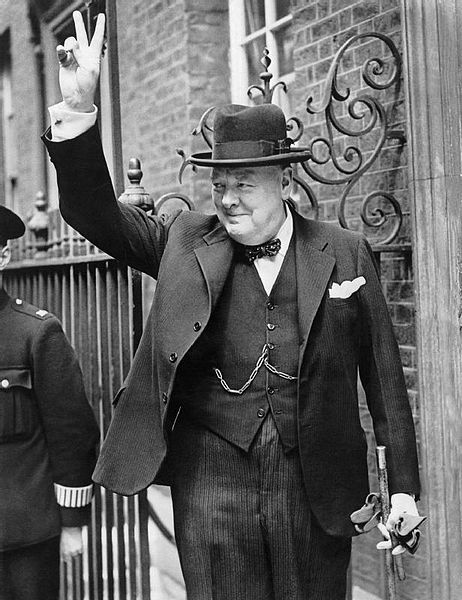First of all I would like to thank you all for your remarks (see the debate on LinkedIn) and especial thank Joel, Juan Manuel, Marc and Víctor. Yes, I actually agree with all of you on this issue.
According to Aristotle’s ‘Rhetoric’, an excellent public speaker communicates both personal and professional credibility, creates a strong emotional connection, and possesses a logical audience centered message. On the other hand, we have impressive speakers who are a delight to listen to, but who fail to communicate a message effectively. This can be because of the weakness of their message, their egoism or/and, more noticeably, an emotional detachment from the message itself. This detachment, which is our topic, will certainly hamper any type of persuasive communication whether it be public or interpersonal.

The reasons for this detachment are often due to the egoism of the speaker which results in a lack of interest in their audience’s real needs right across the spectrum to a more scientific detached way decisions are often made today. This process of decision making has at least three stages: the gathering of facts, their analysis and the drawing of conclusions. It is a purely rational process, but humans are not purely rational beings. Nevertheless it is understandable that at times a decision-maker may need to operate as detachedly as possible, but when it comes to persuasive communication the emotional connection is imperative, as persuasive speakers need to empathize with their audience’s needs, as persuasion is a two way process.
We often find articulate leaders who are renowned as fine public speakers yet who seemingly fail in a crisis situation requiring equally effective interpersonal persuasive skills. It has been suggested by many commentators recently that Barack Obama’s current situation is one such example. The average manager faced with a range of decisions, often cannot muster up an emotional attachment to all of them. They are then often criticized for their lack of communication skills. They are seen as cold, rational beings without any interest in their audiences’ needs. But there is a way out.

We can maintain an emotional attachment to the events of our lives through our connection with the arts. If managers can stay in touch with the sensitivities of life, through literature or other forms of arts, then this detachment can be avoided. Take the reading of literature as an example. Winston Churchill was well known as a reader and as a writer. Harold Macmillan was reported as reading a book a week. There are many other examples of leaders who maintained an understanding of people’s sensitivities through reading of literature.
Yes, the decision making process may have become more rational where facts, analysis and logical conclusions dominate, but such conclusions can be effectively communicated persuasively if a manager or leader maintains an attachment to human sensitivities, which will allow her to empathize with her audiences. Later on this week I have another question which I would like your opinions on. Take care!

